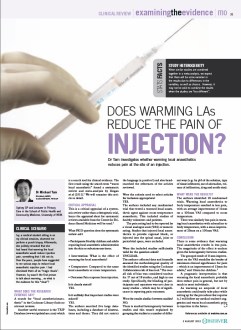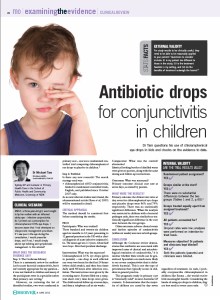The following article was published on The Conversation.
Monday’s medical myth: warts aren’t contagious
By Michael Tam, University of New South Wales
As a general practitioner (GP), I see a lot of warts. They’re a common skin complaint that most people experience at least one in their lives. Common warts are small dome-shaped lumps on the surface of the skin, typically on the back of fingers, hands, toes, and the front of the knee.
Patients who come in with common warts have usually guessed the growths on their skin are “warts”. But I’m often asked whether they’re contagious and whether any of the old wives’ tales work as cures.
The classic myth that warts are caused by touching toads is, of course, untrue. There are many folk remedies for warts that range from the magical (blacksmith’s water – the water that hot iron has been plunged), to the bizarre (taking a dead cat to a graveyard at midnight), and the gruesome (dripping the blood from the head of a decapitated eel onto the skin).
Continue reading

 This article was published in Medical Observer.
This article was published in Medical Observer. This article was published in Medical Observer.
This article was published in Medical Observer.